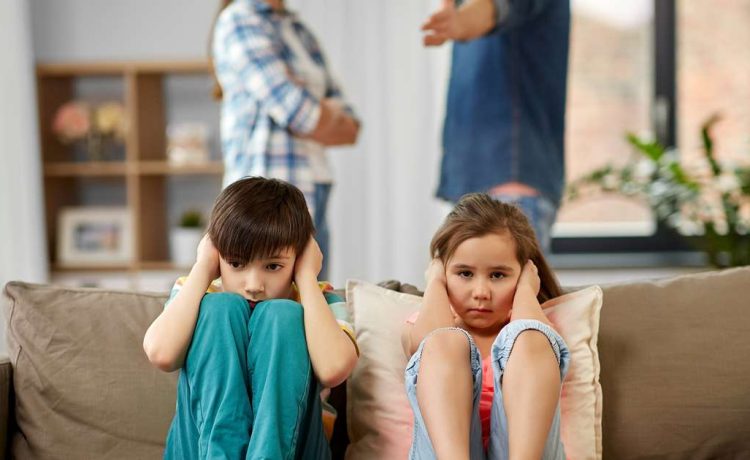juteralabs.com – Divorce is a significant life event that can profoundly affect children, impacting their emotional well-being, academic performance, and social relationships. The dissolution of their parents’ marriage can lead to feelings of sadness, confusion, and insecurity. However, with the right coping strategies and support, children can navigate this challenging period and emerge resilient. This article explores the impact of divorce on children and provides insights into effective coping mechanisms and support systems to help them through this transition.
Understanding the Emotional Impact of Divorce on Children
Divorce can evoke a range of emotions in children, including sadness, anger, guilt, and fear. They may feel a sense of loss, not only of the family unit but also of the stability and predictability that comes with it. Children might also experience feelings of loyalty conflict, feeling torn between their parents. It’s important for parents and caregivers to recognize these emotions and provide a safe space for children to express and process their feelings.
Coping Strategies for Children Dealing with Divorce
- Maintaining Routine and Stability: Keeping daily routines as consistent as possible helps provide a sense of normalcy and security for children. This includes maintaining regular schedules for meals, homework, and bedtime.
- Encouraging Open Communication: Open and honest communication is crucial. Children should feel comfortable asking questions and expressing their feelings. Parents should listen actively and validate their children’s emotions without dismissing them.
- Providing Reassurance and Support: Children need reassurance that the divorce is not their fault and that both parents still love them. Consistent affection, attention, and quality time can help reinforce this message.
- Promoting Healthy Expression of Emotions: Encourage children to express their emotions healthily, whether through talking, writing, drawing, or engaging in physical activities. This can help prevent the buildup of negative feelings.
- Seeking Professional Help: If a child is struggling significantly, seeking the help of a therapist or counselor who specializes in children and divorce can provide additional support and coping strategies.
The Role of Support Systems
A strong support system is vital for children going through their parents’ divorce. This includes:
- Parents: Both parents should work together to provide a united front of support for their children. Co-parenting effectively and minimizing conflict in front of the children can help mitigate the impact of divorce.
- Extended Family and Friends: Grandparents, aunts, uncles, and close family friends can offer additional support and stability. They can provide a listening ear, engage children in activities, and reinforce positive messages.
- School and Community Resources: Teachers, school counselors, and community programs can offer support and resources for children dealing with divorce. They can help monitor academic performance and provide social support within the school environment.
- Support Groups: Support groups for children of divorce can provide a sense of belonging and understanding. Sharing experiences with peers who are going through similar situations can be comforting and validating.
Conclusion
The impact of divorce on children is significant, but with the right coping strategies and support systems in place, they can navigate this challenging period successfully. Parents, extended family, friends, and professionals all play crucial roles in providing the care and guidance children need to adjust to their new reality. By fostering open communication, maintaining stability, and seeking support when necessary, children can develop resilience and emerge stronger from the experience of their parents’ divorce.

